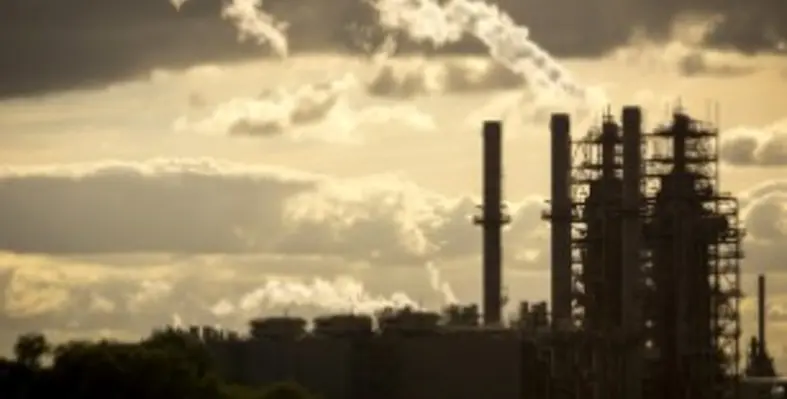The vast majority of technologies and sectors are not keeping pace with long-term goals of the clean energy transitions
This is according to the International Energy Agency (IEA), which finds that many types of energy assets are not working adequately towards its Sustainable Development Scenario (SDS) targets to tackle climate change, deliver universal energy access and significantly reduce air pollution.
Of the 45 energy technologies and sectors assessed in the latest Tracking Clean Energy Progress (TCEP) of the IEA, only seven are on track with the SDS of the IEA.
The areas that have shown progress over the past year include the energy storage sector, which has seen new facilities doubled, led by Korea, China, the US, and Germany, according to the new TCEP analysis. Electric vehicles had another record year, with global sales reaching two million, with China accounting for more than half of total sales.
It highlights that solar PV remains on track with an increase in the generation of 31 per cent, representing the largest absolute growth in generation among renewable sources. But annual capacity additions of solar PV and renewable energy as a whole levelled off in 2018, raising concerns about meeting long-term climate goals.
This year?s analysis expands coverage to include flaring and methane emissions from oil and gas operations, which are responsible for around seven per cent of greenhouse gas emissions from the energy sector worldwide. Despite some positive developments over the past year, current technology deployment rates, policy ambition, and industry efforts are still falling well short.
Also, the buildings sector remains off track, with emissions again rising to an all-time high in 2018. This was the result of several factors, including extreme weather, which increased energy demand for heating and cooling. Another development was the slowdown in fuel economy improvements around the world as car buyers continued to purchase larger vehicles.
Given the urgency and scale of actions needed for clean energy transitions around the world, this year?s TCEP features a much greater emphasis on recommended actions for governments, industry and other strategic players in the global energy system.







